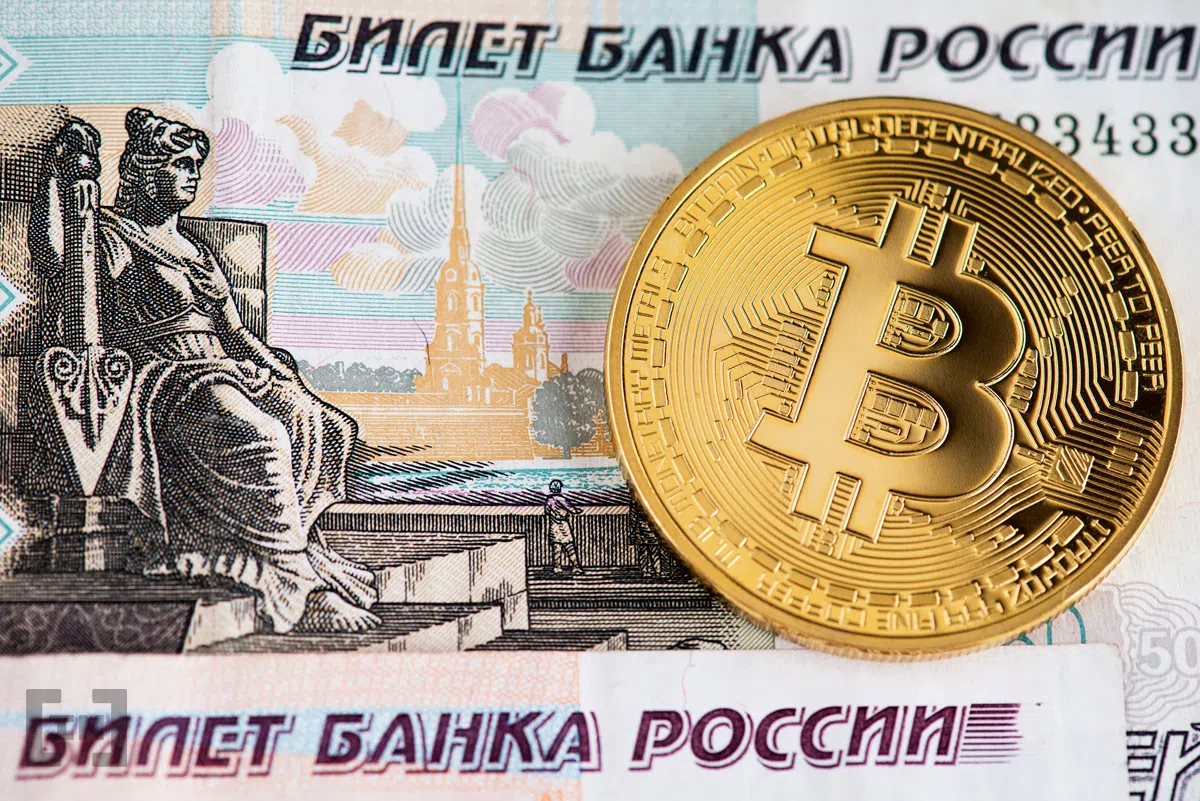
Russian banks are urging a ban on citizens holding crypto in non-custodial wallets.
In a letter to the central bank, the Association of Banks of Russia (ABR) proposes instead a third-party custodian that can freeze, block or seize cryptocurrency.
Part of the new regulations states that undeclared crypto holdings in a non-custodial wallet will result in criminal charges against the owner.
ABR submitted its concept to Rosfinmonitoring, the Ministry of Finance, and the Russian Central Bank.
This idea was presented to the State Duma expert council working group on cryptocurrency regulation. Several market participants and deputies criticized the notion of criminal liability.
The ABR believes the criminal law approach to crypto-market regulation will allow all subjects to be equalized “as persons responsible to pay taxes” and eliminate the contradiction between the systems of the Bank of Russia and the Ministry of Finance.
Andrei Lugovoy (deputy head of the working group) said that while he understands the concerns about the topic, the ABR approach would only slow down the legalization.
The banking association backtracked slightly in the letter sent to the central bank, saying it might be better to criminalize by not handing over keys rather than simply by owning a non-custodial wallet.
This approach would be undertaken under the auspices of civil law. In the case of a debtor being linked to an anonymous cryptocurrency wallet, civil law would dictate that a person might be given the choice of issuing a crypto key or being punished for hiding property in the form of digital currency.
Russian approach to for ‘closed-loop of circulation of cryptocurrencies’
Bankers will establish liability to prevent capital outflow by opening noncustodial crypto-wallets. Russia is attempting to create a “closed-loop of circulation of cryptocurrencies,” which generates the need for strict liability.
The civil law approach has its limitations. The technical challenges of opening a noncustodial wallet without the owner’s consent make it almost impossible to seize assets, a point noted by Valery Tumin, Chairman of the Commission for the Development of Digital Financial Assets of the Russian Union of Taxpayers.
Russia’s recent announcements to legalize crypto made headlines, but could it be a double-edged sword?
If the criminal approach is taken, the government excludes Russians from participating in much of the decentralized application space, decentralized finance space, and the decentralized autonomous space, raising questions about civil liberties in what is claimed to be a democratic regime.
Disclaimer
All the information contained on our website is published in good faith and for general information purposes only. Any action the reader takes upon the information found on our website is strictly at their own risk.






Be the first to comment